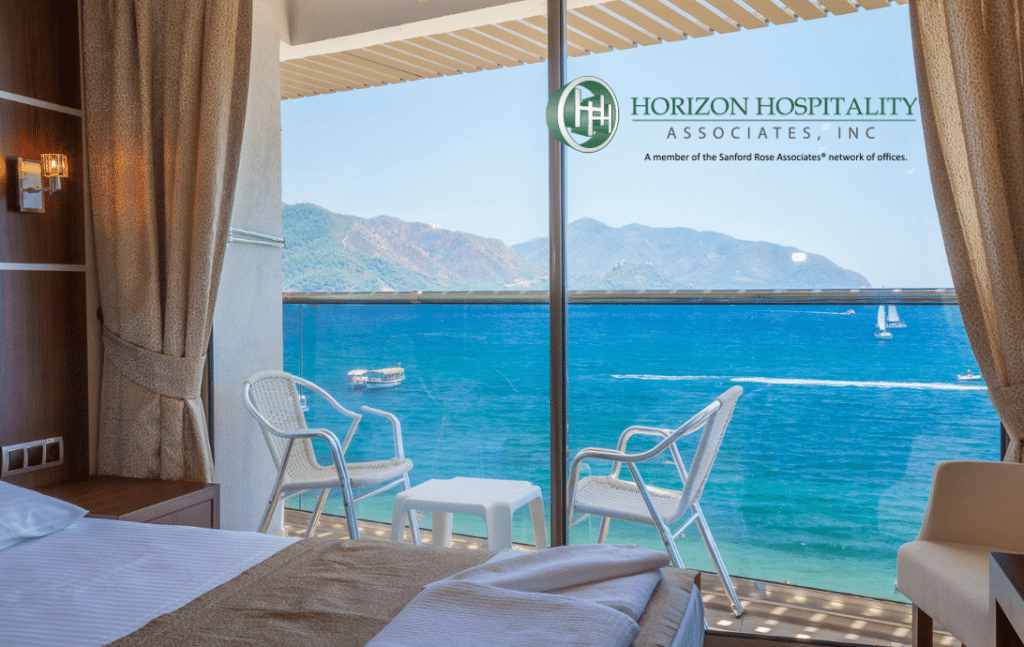
Once dominated by traditional hotels, the travel accommodations market now includes a diverse range of lodging options. Travelers are increasingly seeking more personalized, memorable experiences, driving demand for accommodations that go beyond the standard hotel room. For hoteliers, the growing popularity of these alternatives presents both challenges and opportunities.
The Growing Popularity of Alternative Accommodations
Alternative accommodations, including vacation rentals and boutique hotels, have seen a surge in popularity, driven by the changing preferences of travelers.
- Airbnb and Vrbo: Private rental platforms offer unique stays as well as an increased amount of space and privacy.
- Boutique Hotels: These cozy, distinctive properties are popular with Millennials and Gen Z and are known for offering one-of-a-kind, stylish experiences.
- Unconventional Stays: Glamping and tiny houses appeal to those seeking adventurous, immersive experiences.
How Traditional Hotels Are Adapting
To attract today’s experience-driven travelers, many hotels are evolving by offering personalized, authentic stays, while leveraging their strengths of reliability, consistency, and professional services.
- Personalized Experiences: By leveraging loyalty programs and guest profiles, hotels are now offering curated experiences based on individual preferences. This includes personalized in-room amenities as well as customized itineraries for local attractions.
- Local Integration: Hotels can embrace local culture through design, food, and activities. Partnering with local artisans creates unique, destination-focused experiences for guests.
- Sustainability & Wellness: Hotels who adopt eco-friendly practices demonstrate social awareness while meeting the demand for sustainable travel options. Additionally, hotels that offer wellness amenities such as fitness centers, yoga classes, and spa experiences cater to the health-conscious traveler.
Hotels that adapt to these evolving traveler preferences stand to gain a competitive edge. If you’re looking for professionals who can help your hotel create meaningful connections and memorable stays, connect with us here.
